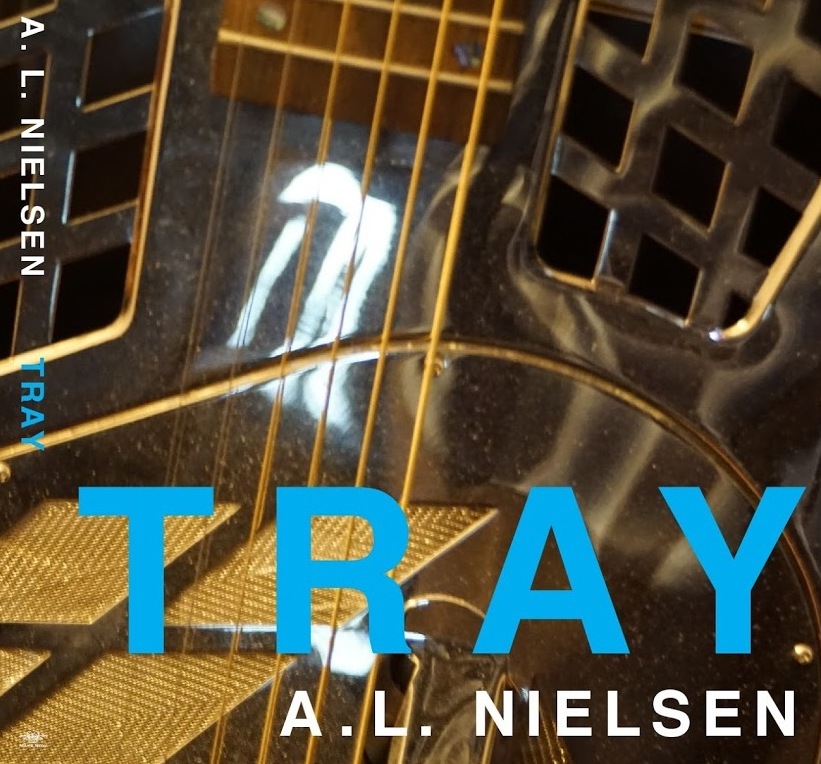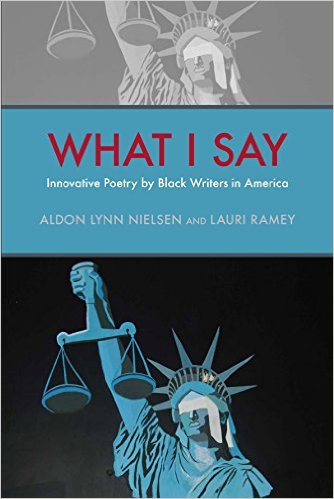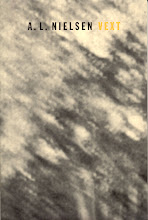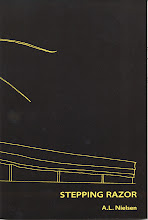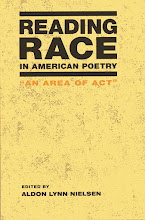

Late last night I received the sad news that Winston Napier had died from a brain hemorrhage. Winston was known to the world as the E. Franklin Frazier Chair in the Department of English at Clark University in Massachussetts. In my memory, though, he will always be the impressive, bright and delightfully eccentric Philosophy grad student I knew at Howard University back in the 80s. I was an adjunct in English at Howard, sharing an office in Locke Hall with fellow poet Calvin Forbes. I was somewhat unusual in the department of that time as a poet/critic with an abiding interest in philosophy and theory. Winston stood out, even in Howard's Philosophy Department, for sharing Alain Locke's twin interests in philosophy and literature, and for an interest in the debates over "continental" philosophy. He used to stop by my office regularly, not only to pore over my journals and books, but to involve me with his internal debates in theory. Winston also invited me to give a talk in an interdisciplinary series he organized, one of the first such invitations I was to receive.
When I moved to a tenure track position in California, I much missed those frequent visits from Winston. He had been a wonderful interlocutor and an encouraging fellow writer and thinker. From time to time I would get a phone call, or later an email, from him as he finished his degree program and went about locating a faculty position of his own. Later still, he was in touch with me as he finished work on his wonderful anthology of AFRICAN AMERICAN LITERARY THEORY. Following in the path broken by Angelyn Mitchell, Winston broadened and deepened the syllabus of black literary theory and philosophy, and I have often used his book in my courses.
Anyone who thinks deeply about the word, about race, about America, will feel this loss. Winston Napier was still young, still working, still teaching and still, as always, seeking out friends to debate as he worked his way through the questions that press in upon us.

